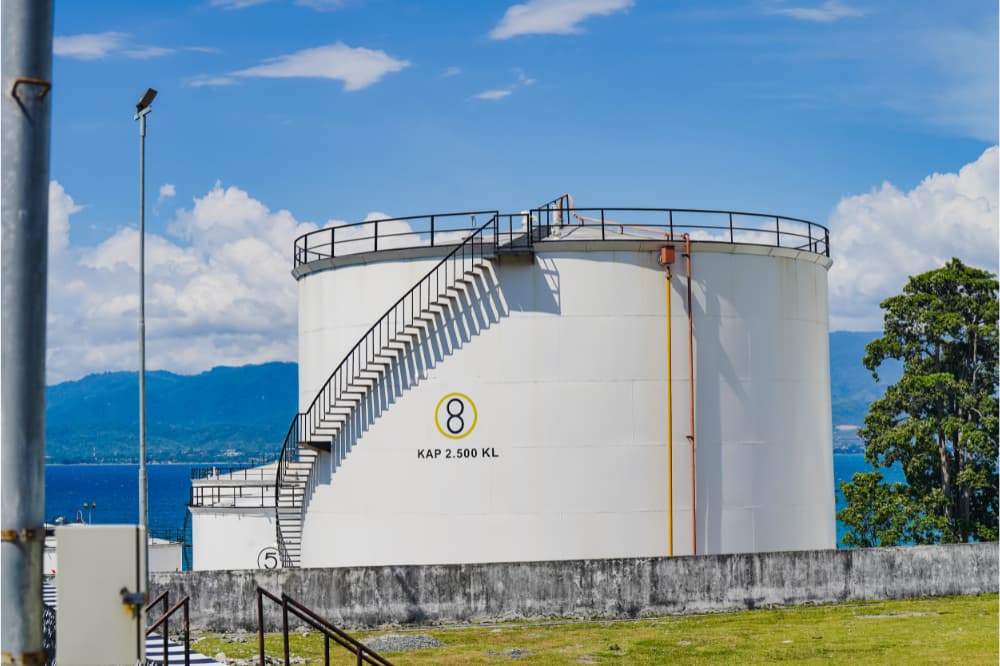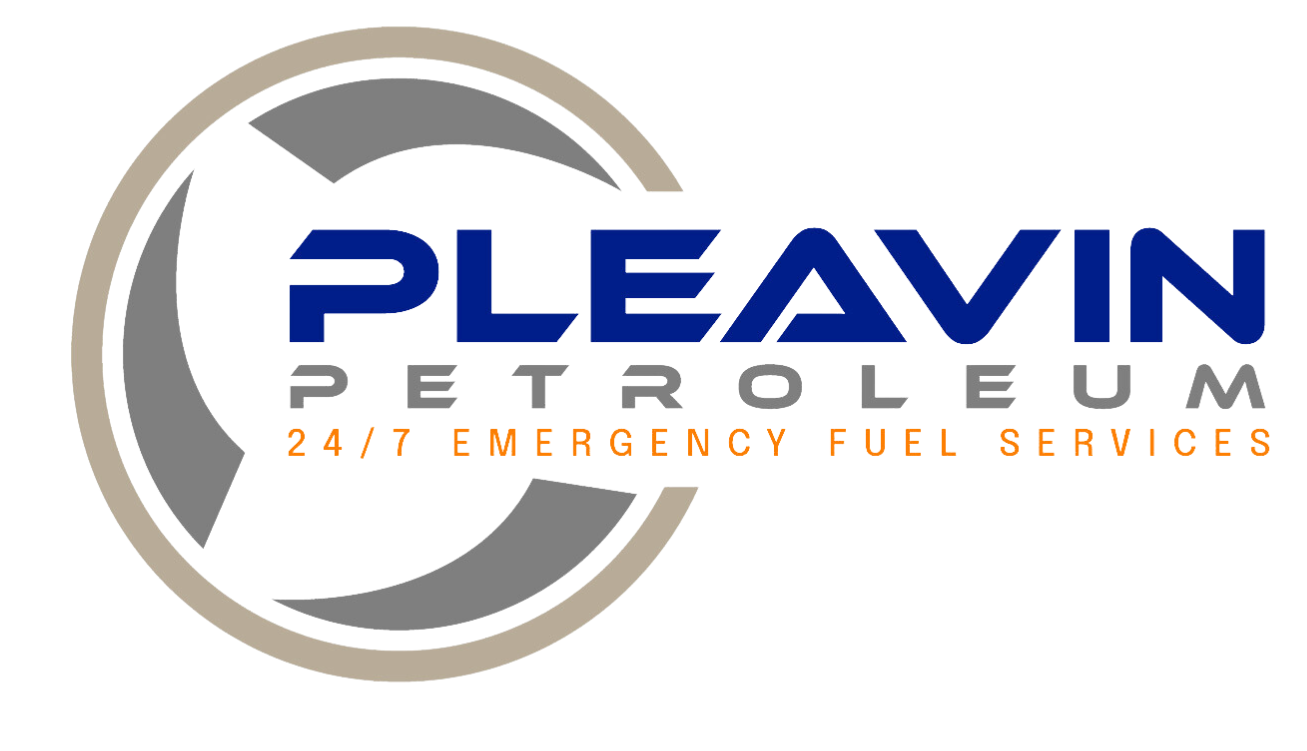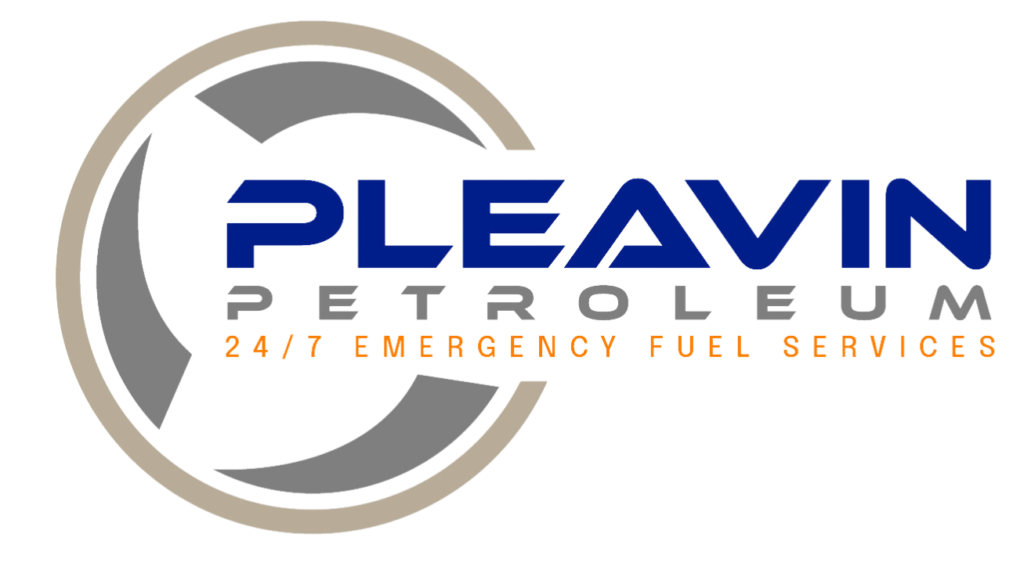What is Kerosene Oil Used For?

Kerosene holds a significant place and has a variety of applications in the fuel and energy industry, from lighting up homes to powering machinery, the uses of kerosene oil are diverse and important to many aspects of daily life. Kerosene has become a key asset in homes and industries across the UK.
In this blog, we will gain an understanding of kerosene, how it is applied, and the many benefits it has to offer.
Understanding Kerosene Oil
Kerosene oil, often simply referred to as domestic heating oil or paraffin oil, is a type of liquid fuel commonly used as a source of energy for heating, lighting, and cooking. It is acquired from petroleum through a refining process that separates it from other components such as gasoline and diesel. Kerosene is a clear, colourless liquid with a relatively high energy density, making it suitable for various applications.
How is Kerosene Oil Implemented
One of the primary uses of kerosene oil is lighting. Before electricity, kerosene oil lamps were used as a source of lighting for homes, streets, and workplaces around the world. Its clean-burning properties and relatively low cost made it accessible to a wide range of people. Still today, in many parts of the world where electricity is unreliable, kerosene lamps remain a vital source of light.
Heating Homes and Spaces
As well as lighting, kerosene is a versatile heating oil that is suitable for use in heating systems. Many older homes and buildings still rely on kerosene heaters, particularly in rural areas where access to gas lines may be limited. These heating oil systems provide a dependable source of warmth during cold winter months, offering a cost-effective alternative to electric or gas heating systems.
Industrial Applications
Kerosene oil is highly versatile and is used in various industrial sectors across the UK. In aviation, it serves as a key component in jet engine fuel, powering aircraft around the world. The high energy density and stability of kerosene fuel make it an ideal choice for aviation, providing the force necessary for an aircraft to take flight while also meeting the required safety standards.
Furthermore, kerosene plays a role in the manufacturing of certain chemicals and solvents. Its relatively low cost and its availability make it a preferred feedstock for processes requiring hydrocarbons.
Outdoor Usage
Kerosene lanterns have been a key principle in recent times for outdoor enthusiasts. Whether camping in the wild or simply enjoying an outdoor barbecue, kerosene lanterns are efficient for providing light. Their durability and reliability make them a popular choice for adventurers when exploring at night.
Cooking With Kerosene
In locations where cooking fuel may be expensive, kerosene stoves offer a reliable and cost-effective solution. These stoves provide a consistent heat source for preparing meals, making them indispensable in many households. Additionally, kerosene burns cleanly, producing minimal smoke and odour compared to traditional cooking fuels such as wood or charcoal.
The Benefits of Using Kerosene Oil
Using kerosene oil offers several benefits across various applications, making it a valuable resource in many industries. Here are some of the key advantages:
Energy Efficiency
Kerosene oil is highly energy efficient, particularly in applications such as heating and lighting. It produces a high amount of heat or light per unit of fuel consumed, making it a cost-effective choice for many households and industries.
Portability
Kerosene heaters, lamps, and stoves are portable and can be easily transported, making them ideal for use in areas where access to electricity or other fuel sources may be limited. This portability is especially valuable in outdoor settings or during emergencies.
Clean Burning
Compared to other fuel oils such as coal oil or crude oil, kerosene oil burns relatively cleanly, producing minimal smoke and soot – and with a low carbon monoxide risk. This makes it a preferred choice for indoor heating and cooking, where air quality and cleanliness are important considerations.
Long Shelf Life
Kerosene has a long shelf life and does not deteriorate quickly, even when stored for extended periods. This makes it a reliable fuel oil source for emergency preparedness kits and backup heating oil systems, ensuring that households can remain safe and comfortable during power outages or other disruptions.
Environmental Considerations
While kerosene oil offers numerous benefits, it also comes with environmental challenges and considerations. Like all fossil fuels, when burned it releases carbon dioxide and other pollutants into the atmosphere, contributing to air pollution and climate change.
Also, unsuitable storage or handling of kerosene can lead to risks such as contamination. To prevent the risk of contamination necessary measures should be put in place to ensure the safety of kerosene when being stored.
To reduce the environmental impacts, the development of burning oil with environmental consideration has been promoted in the fuel industry across the UK. Additionally, the transition towards renewable energy sources offers a more sustainable future for the environment, reducing the reliance on fuels like paraffin oil in the long term.
Kerosene Oil at Pleavin Petroleum
Kerosene oil’s versatility and reliability have cemented its place in households and industries. From providing light and warmth to powering aircraft and industrial processes, its applications are as diverse as they are essential.
Here at Pleavin Petroleum, we have a team of experts who are dedicated to providing all of our customers with high-quality and efficient services. We offer nationwide 24/7 fuel delivery service across the UK ensuring that your business doesn’t run out of fuel and can continue to run smoothly on a regular basis.
If you are looking to purchase kerosene oil look no further than kerosene oil make a purchase with us today and receive your order on the day it was placed.

